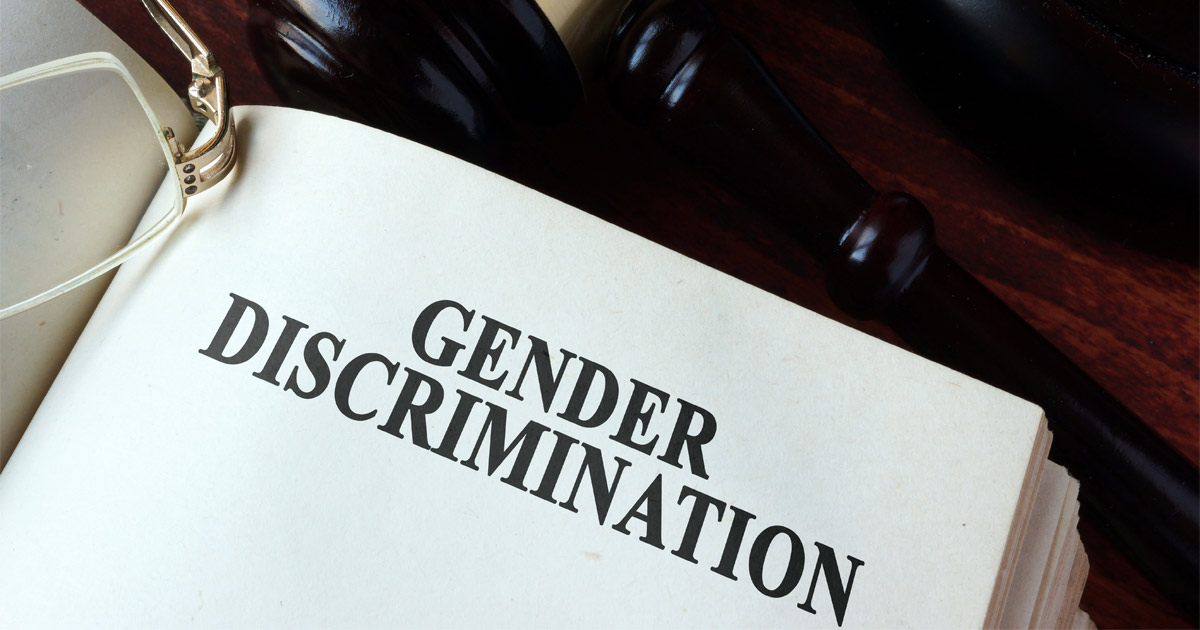Workplace retaliation is wrong, especially when the retaliation is due to helping a coworker who was the victim of gender discrimination. Employment retaliation for such a reason is also illegal under federal law and New Jersey law. If you believe that you have suffered illegal workplace retaliation in some form, you may have legal rights. The best way to protect yourself is to talk to a lawyer experienced in New Jersey employment law.
What Is Employment Retaliation?
Retaliation is when an employer engages in some kind of negative action toward an employee. This retaliation becomes illegal when it is done in response to the target employee being involved somehow in an employment discrimination claim. Common forms of retaliation can be the following:
- A demotion
- Termination from employment
- Generalized harassment
- Physical assault
- Verbal harassment
- Spreading rumors
- Creating a hostile work environment for the target employee
- Denial of rightful promotion, wage raise, or bonus
- Making work life difficult for the target employee by assigning onerous tasks
For example, an employee testifies in an employment discrimination case about a coworker who experienced sexual harassment by a supervisor. This is viewed by the supervisor as the employee supporting the harassed coworker. Therefore, the supervisor tries to punish the employee by making them come to work on weekends, stay late doing difficult projects or tasks that they do not normally do, and denies the employee a raise, without a valid reason. All these actions would be considered illegal employment retaliation, and the employee would have a potential claim against the supervisor.
What if You Are Threatened with Retaliation?
If you are threatened with adverse employment action that you believe is illegal retaliation, you should report it to your human resources office immediately. You should also contact an experienced New Jersey employment law attorney who focuses their practice on helping employees who have been illegally retaliated against. When you report such behavior by a supervisor, you become what is commonly referred to as a whistleblower.
The law protects whistleblowers from illegal retaliation. When potential witnesses to discrimination are protected from retaliation, they are generally more comfortable coming forward and reporting what they saw and heard about the discrimination of a coworker. If you are threatened with retaliation, your employment law attorney can protect you. If here is some adverse employment action against you, your lawyer can file a claim of illegal employment retaliation. The federal Equal Employment Opportunity Commission (EEOC) has listed the following activities as protected from retaliation:
- Filing a claim with the EEOC, or being a witness in an EEOC complaint, investigation, or lawsuit
- Rejecting sexual advances in the workplace
- Intervening on behalf of another coworker to protect them from discrimination or harassment
- Requesting certain accommodations for religious practices or to accommodate a disability
- Speaking with a boss or superior about an incident in the workplace
- Participating or answering questions in a harassment investigation
Marlton Employment Lawyers at Burnham Douglass Help Clients Who Have Been Illegally Retaliated Against
If you suffered from work retaliation because you supported a coworker who was being harassed, you may be able to file a claim against your employer to protect your rights. The Marlton employment lawyers at Burnham Douglass are experienced in employment discrimination and workplace retaliation claims. Contact us online or call us at 856-751-5505 for a free consultation. We are located in Marlton and Northfield, New Jersey, and we serve clients throughout South Jersey, including Camden County, Burlington County, Atlantic County, Gloucester County, and Mercer County.


